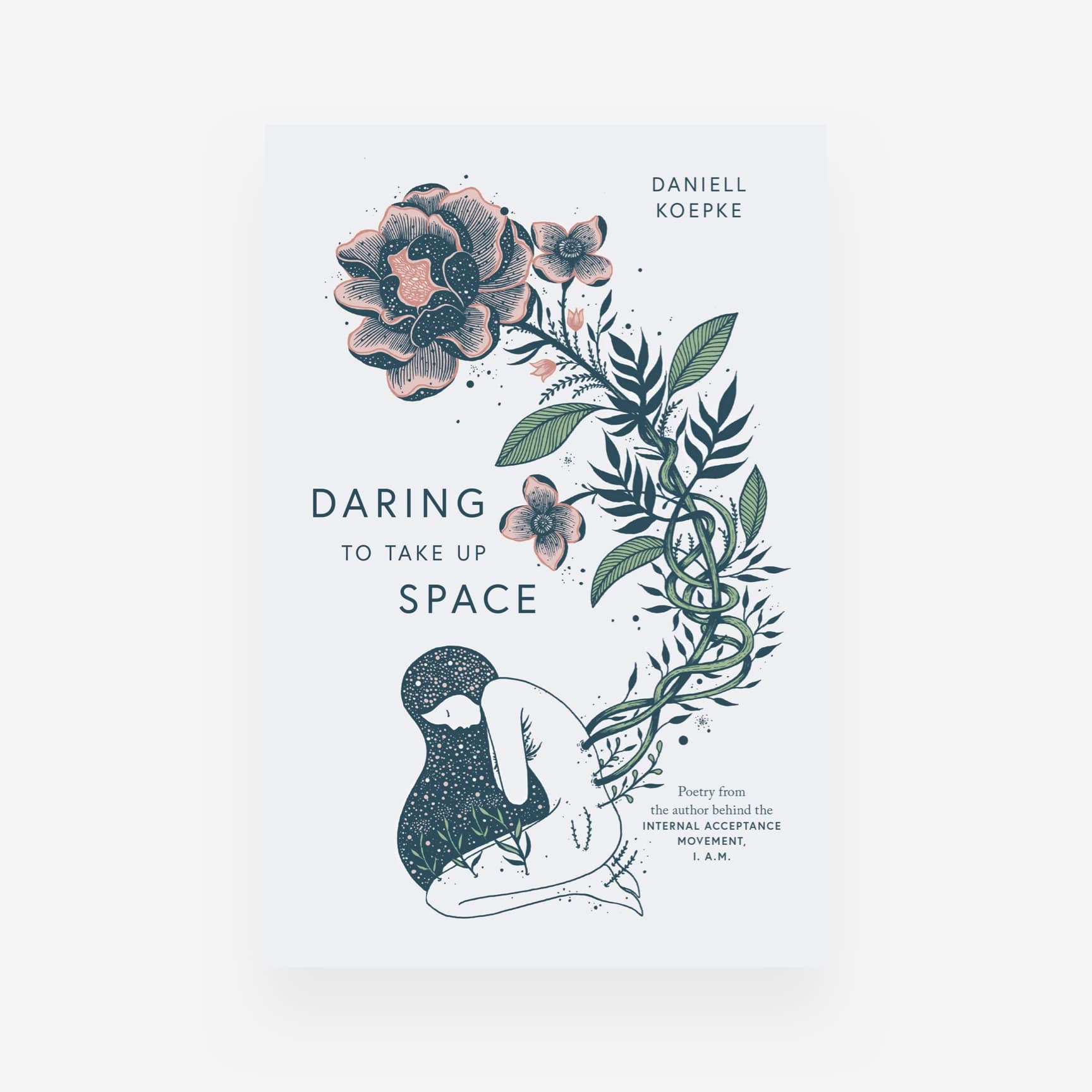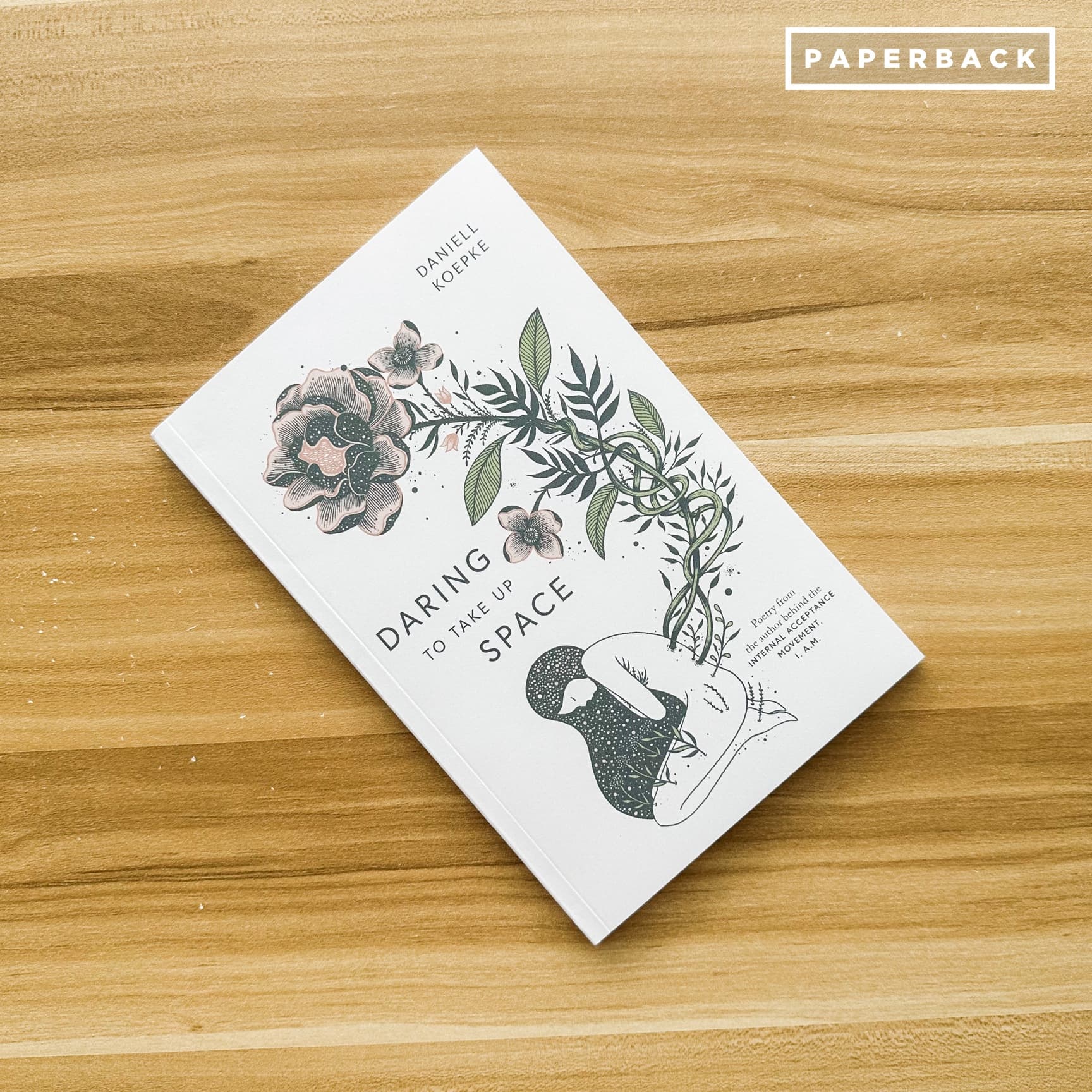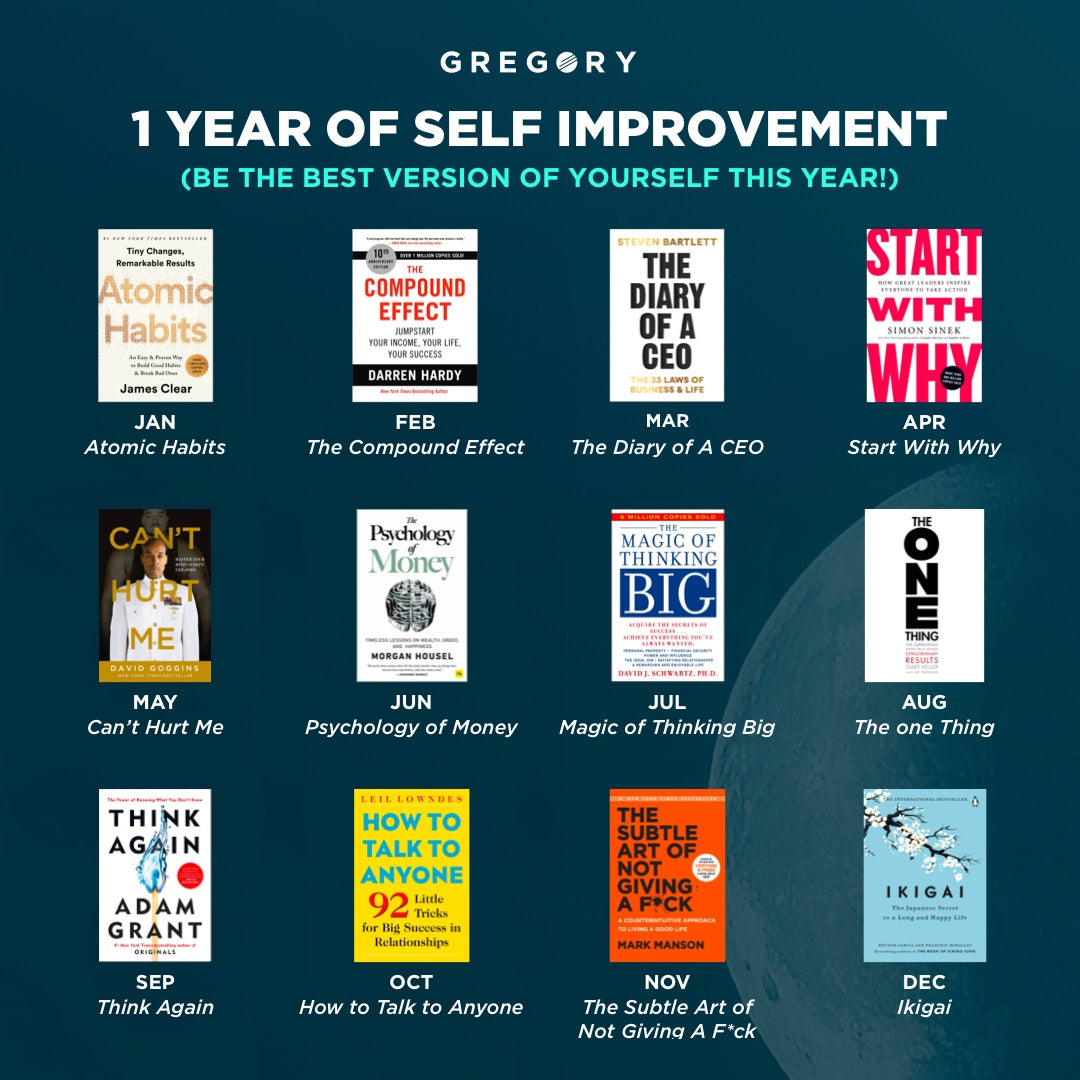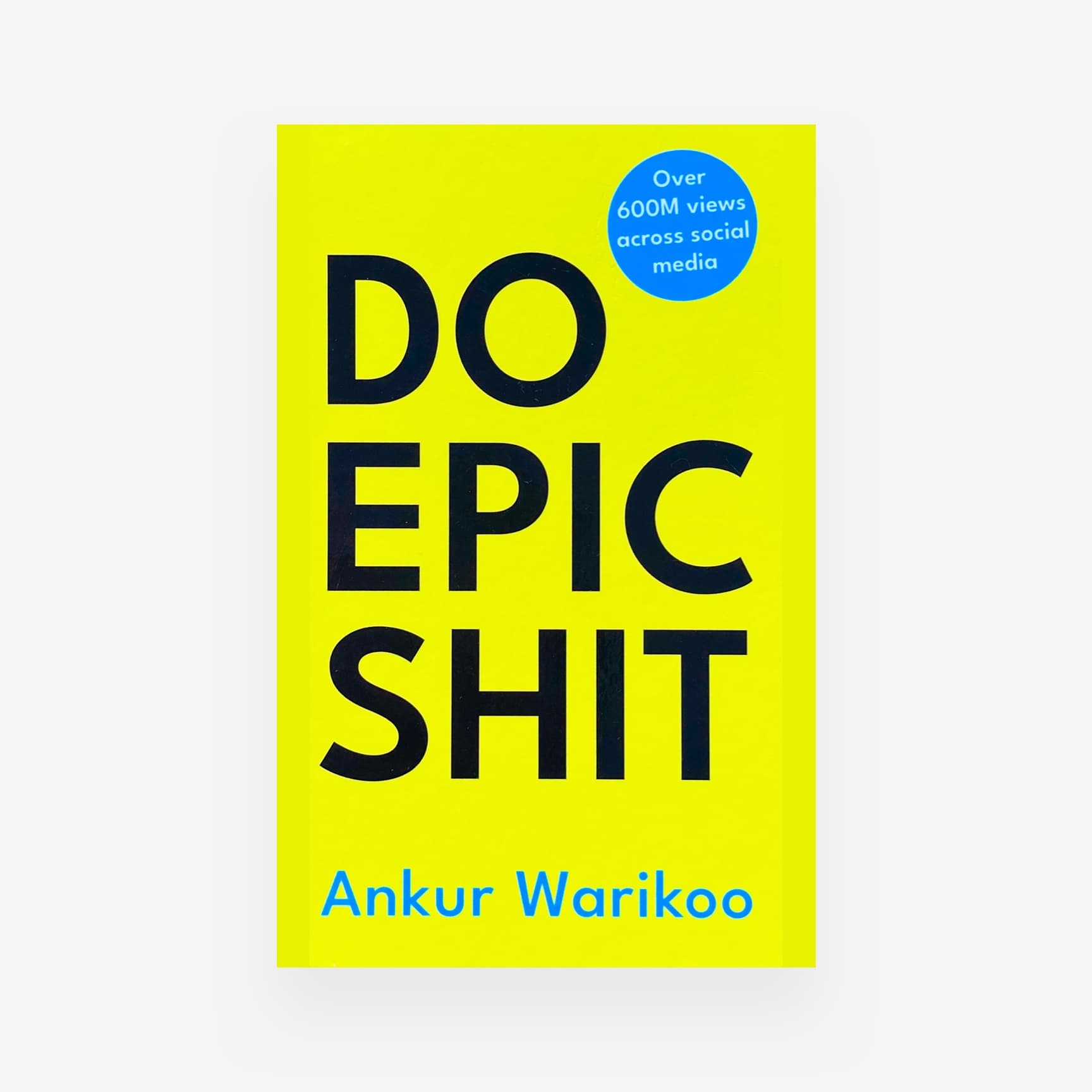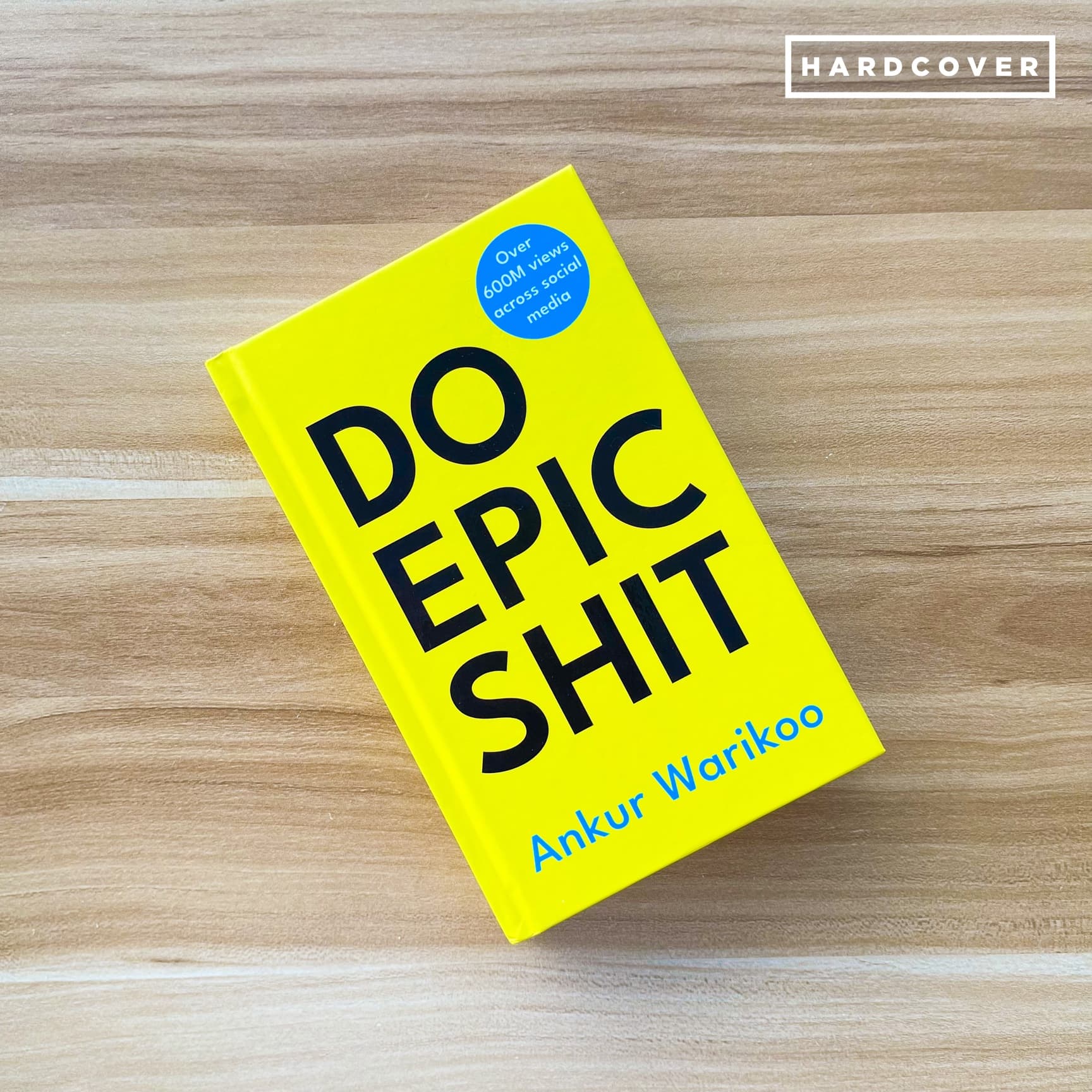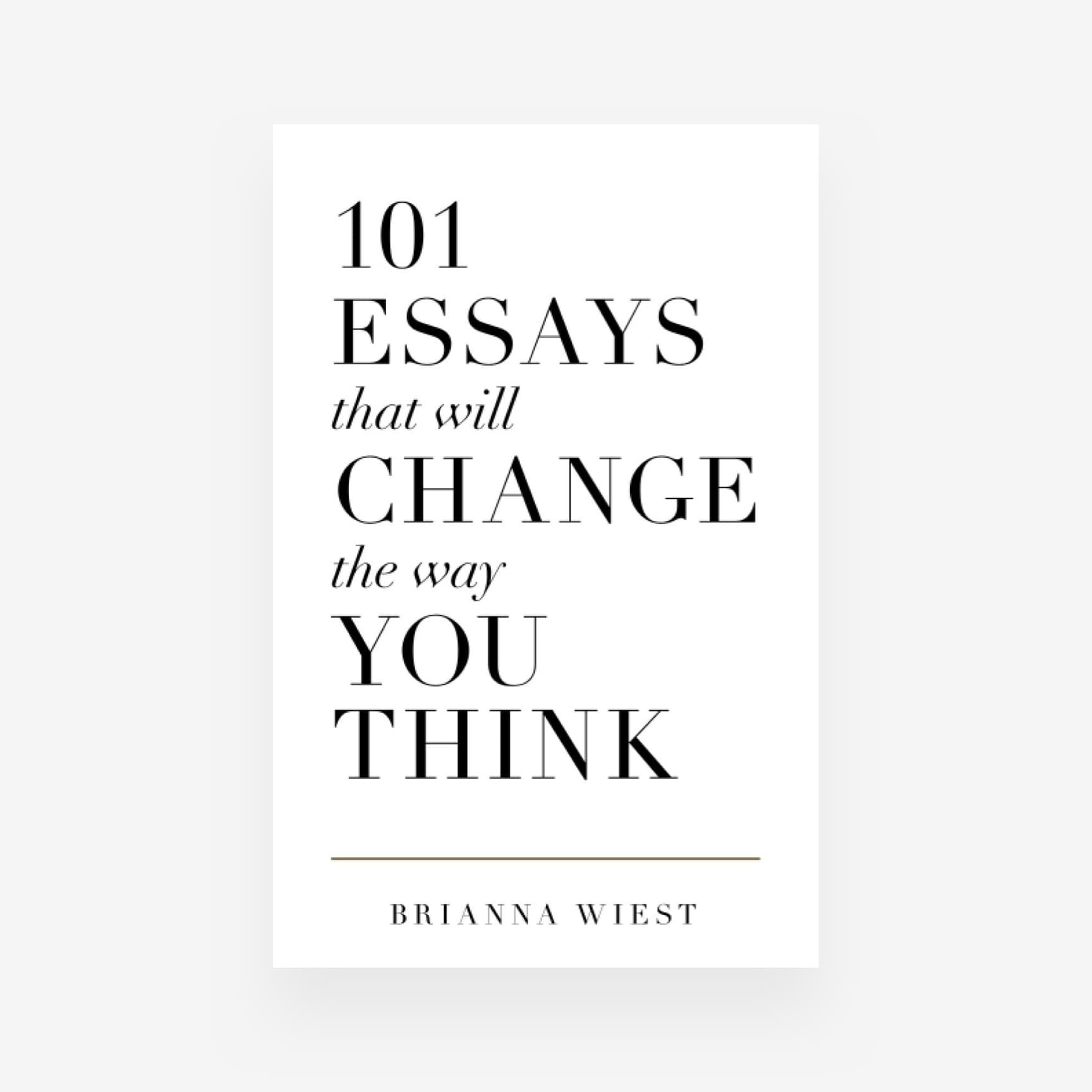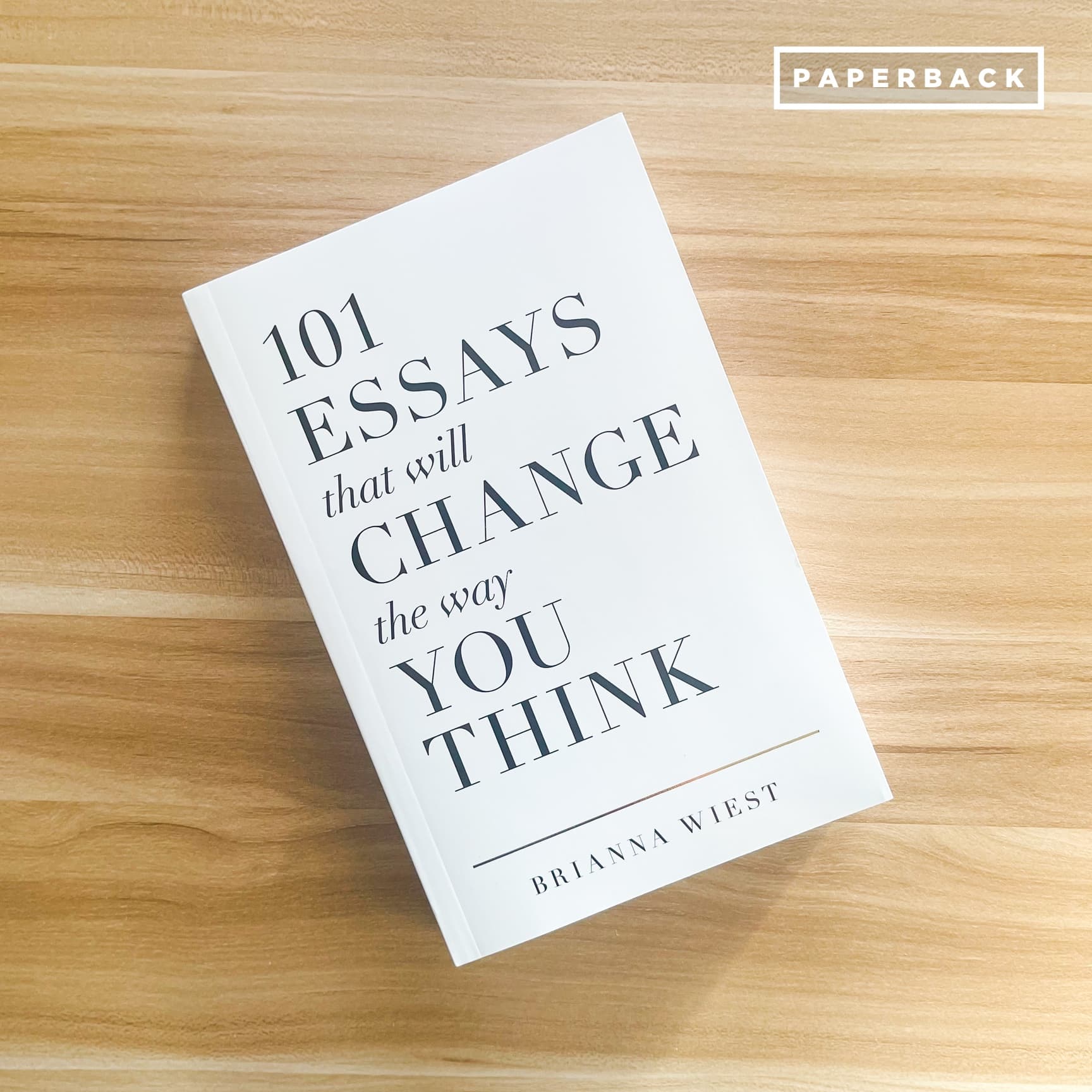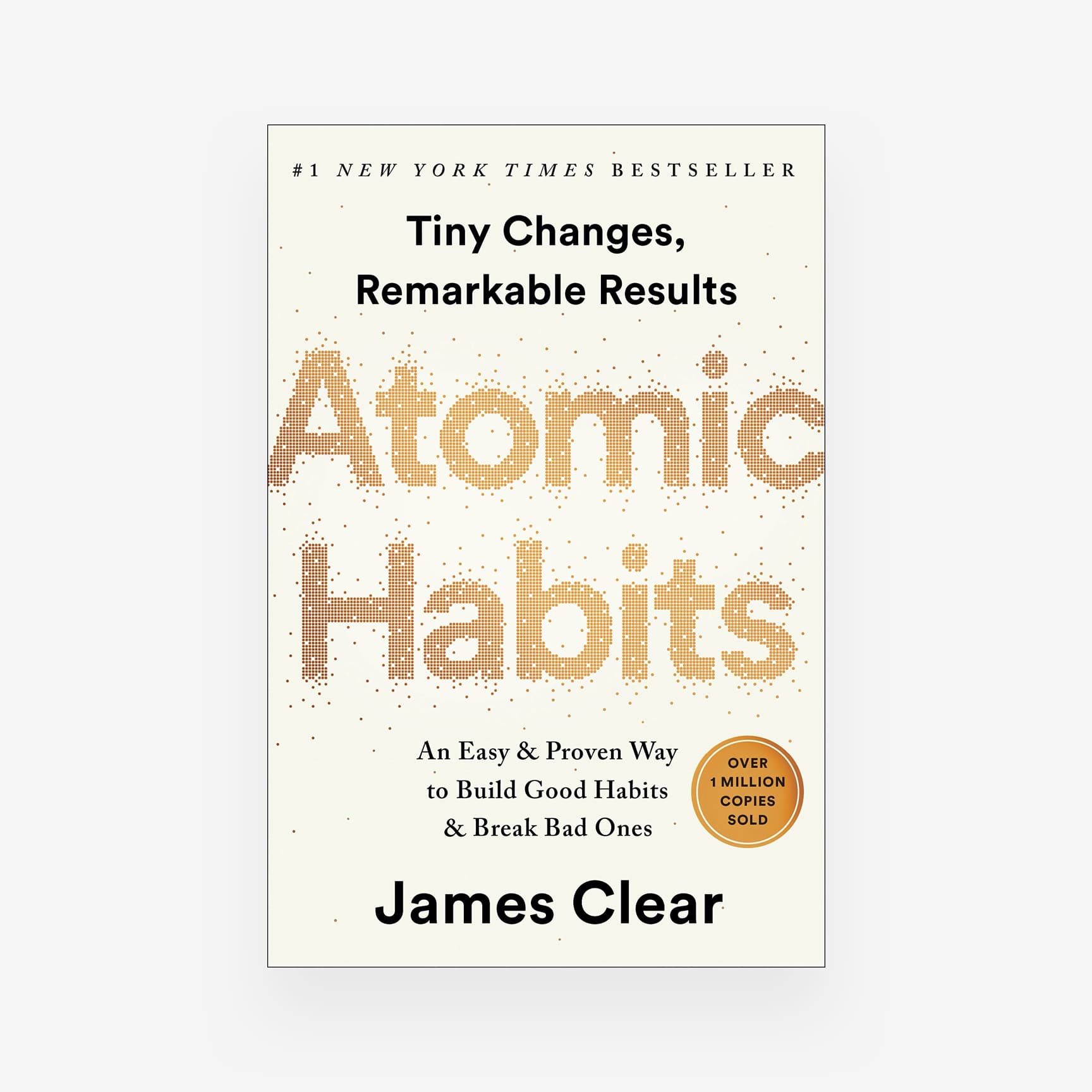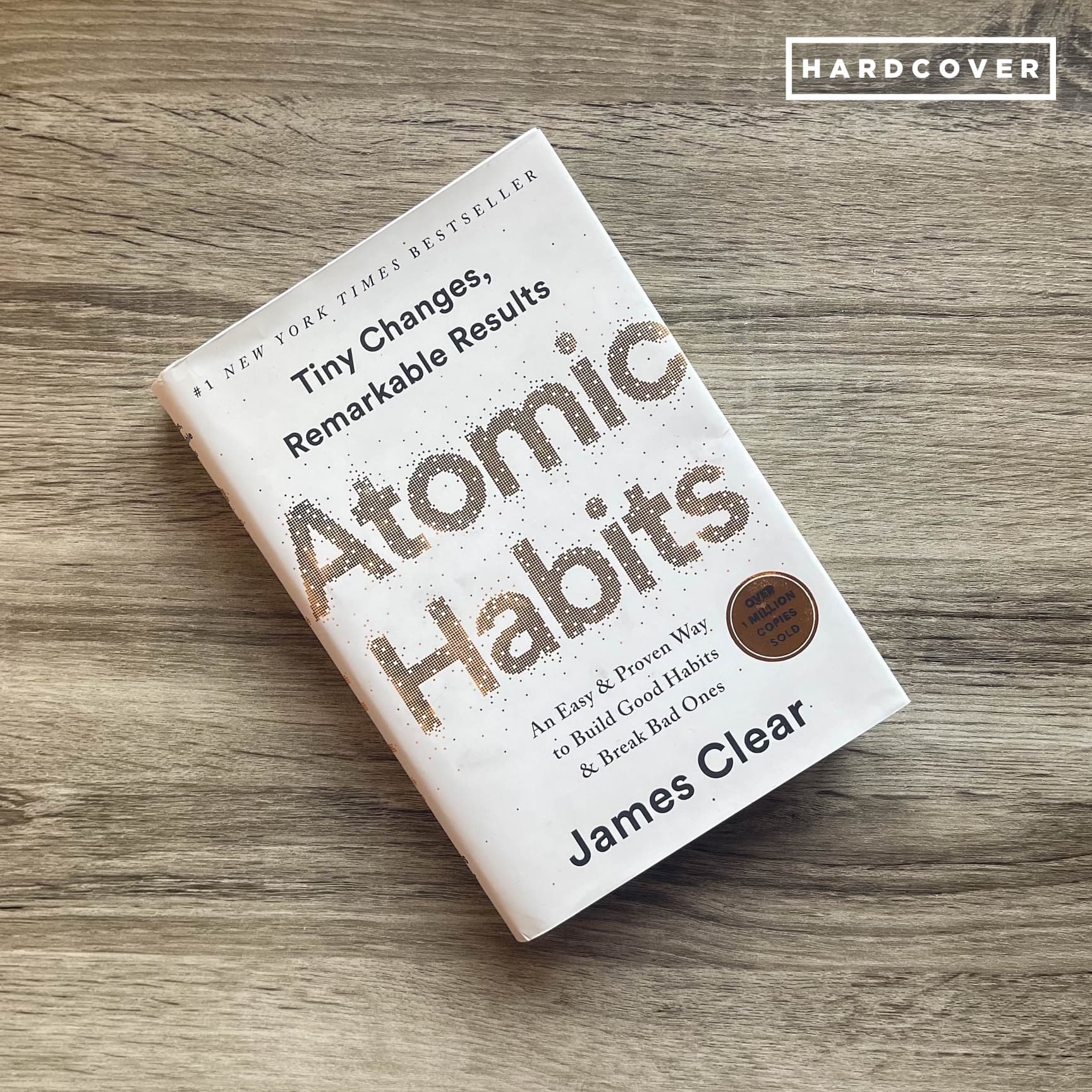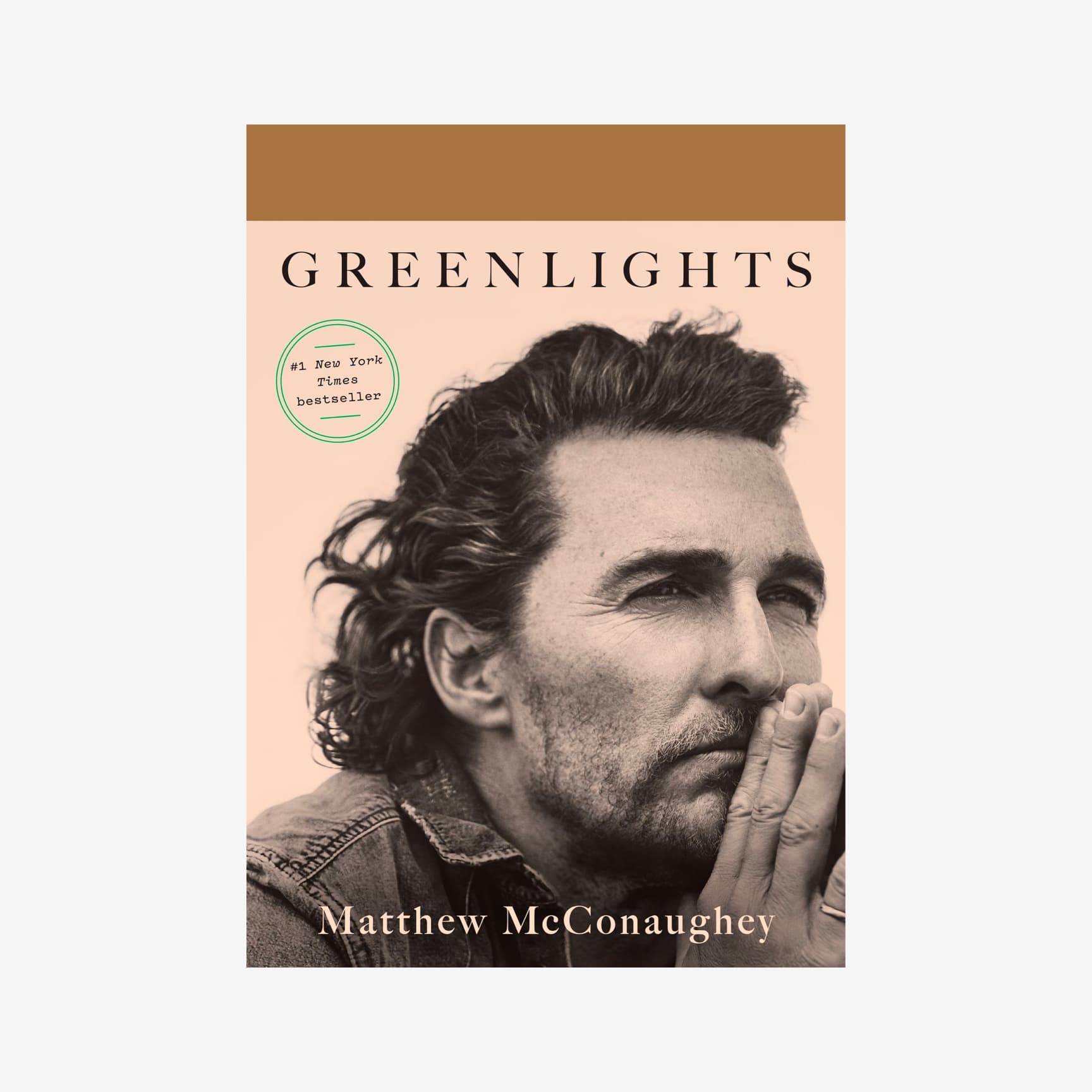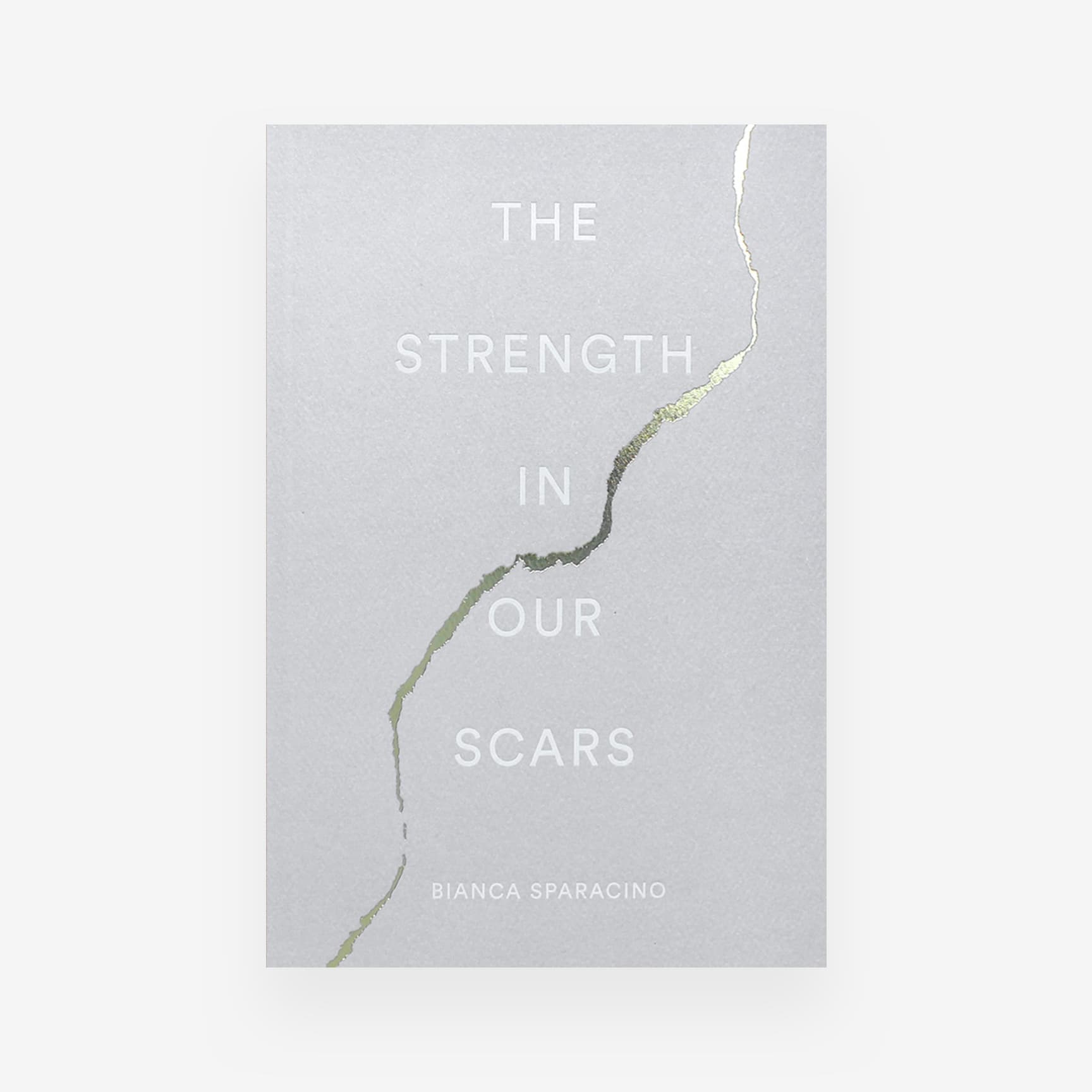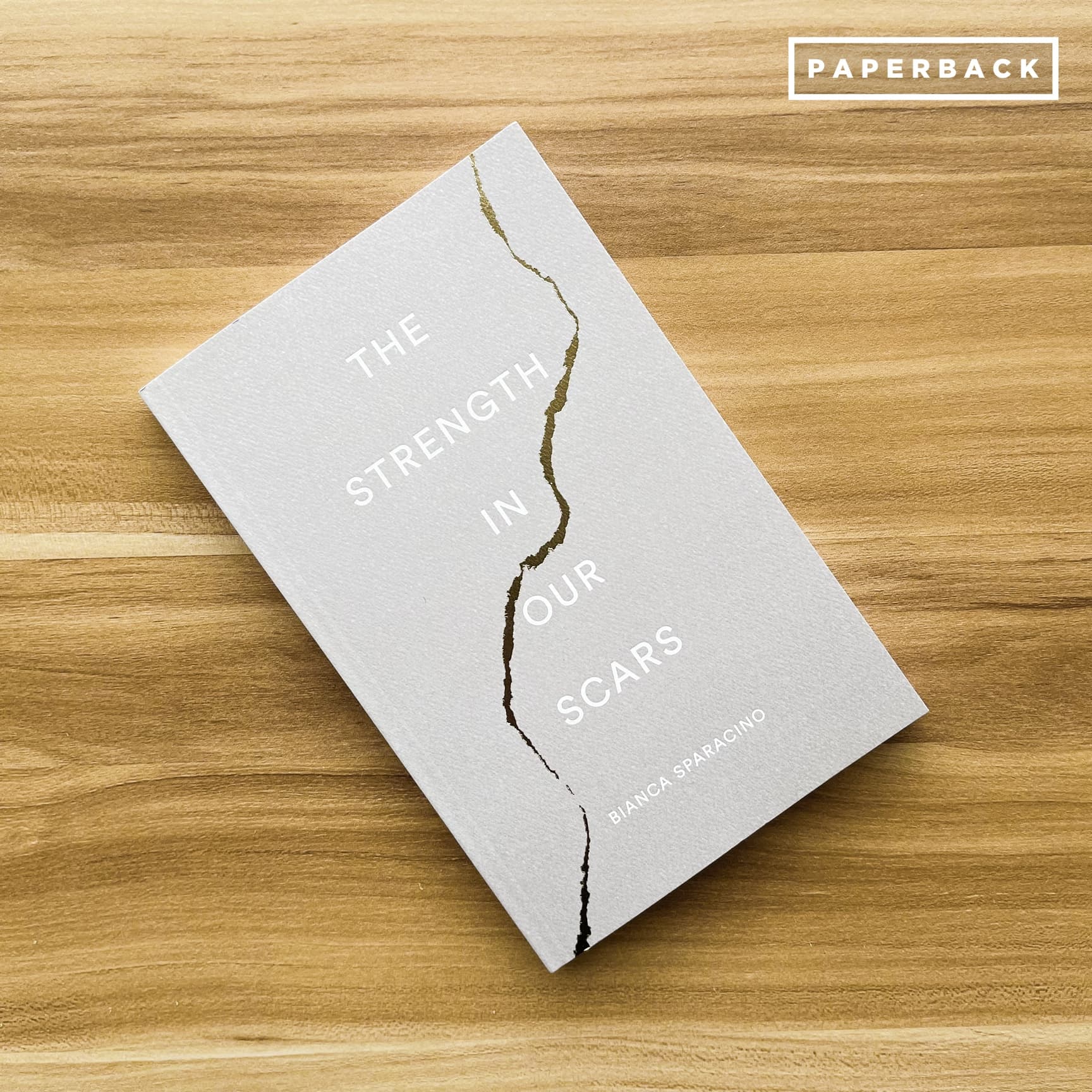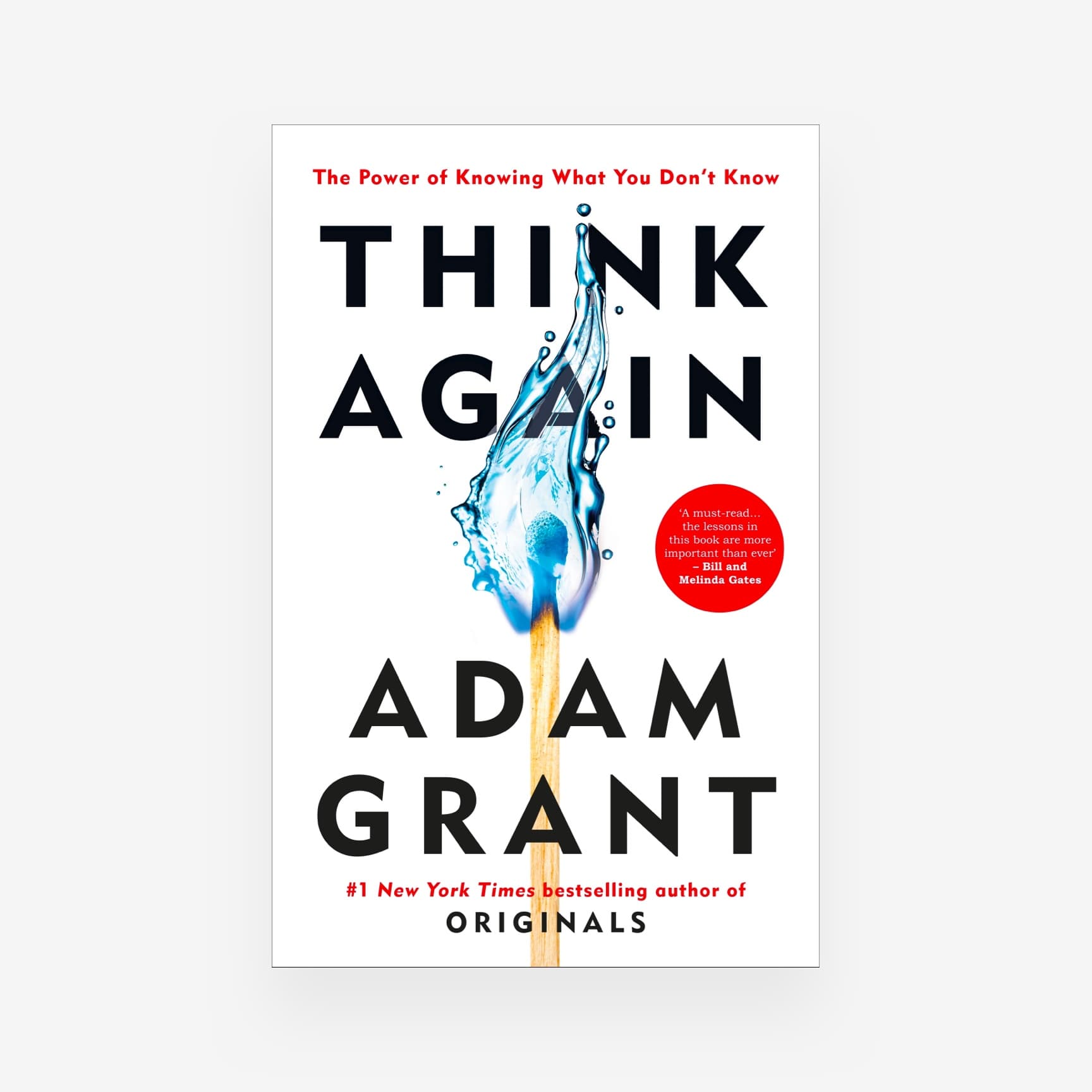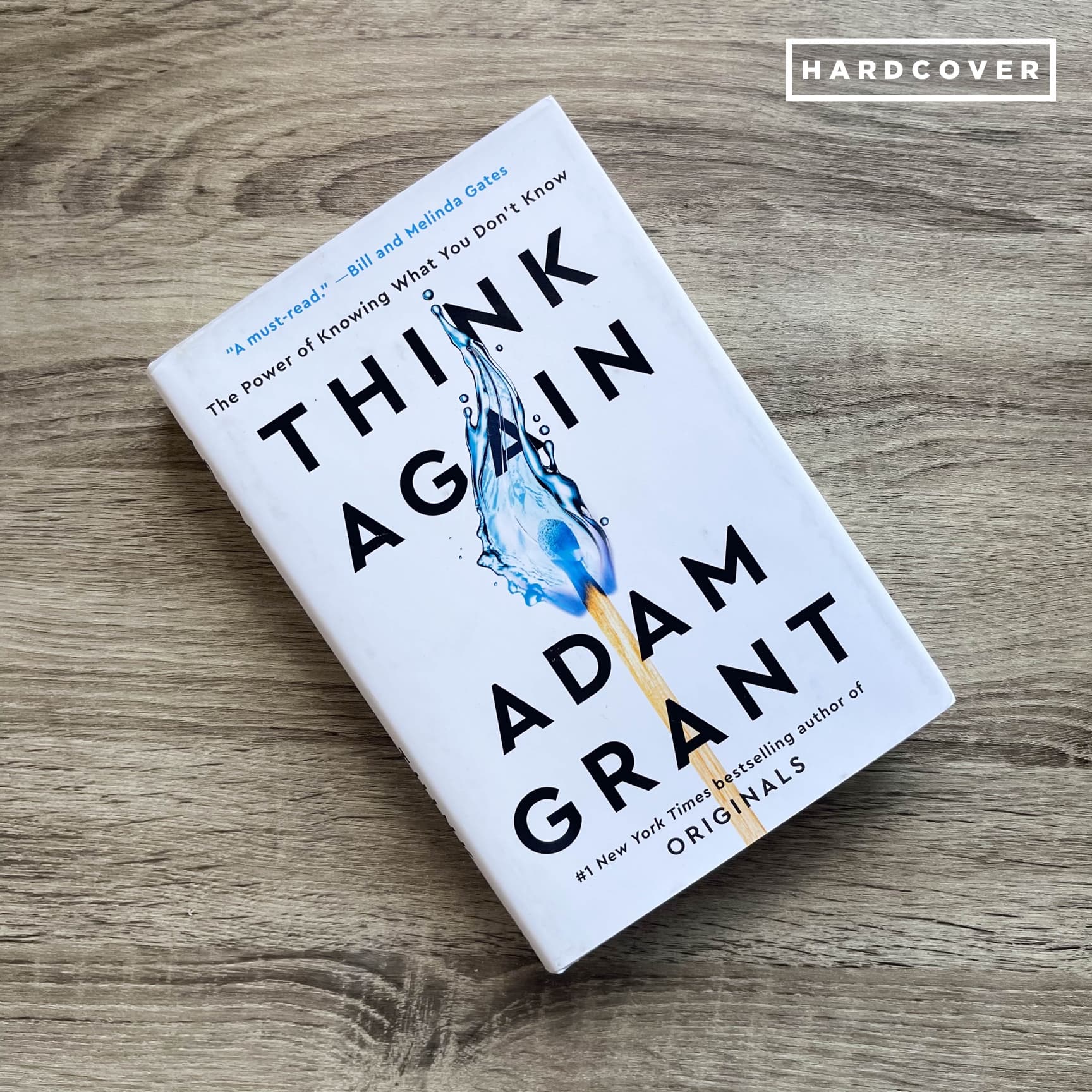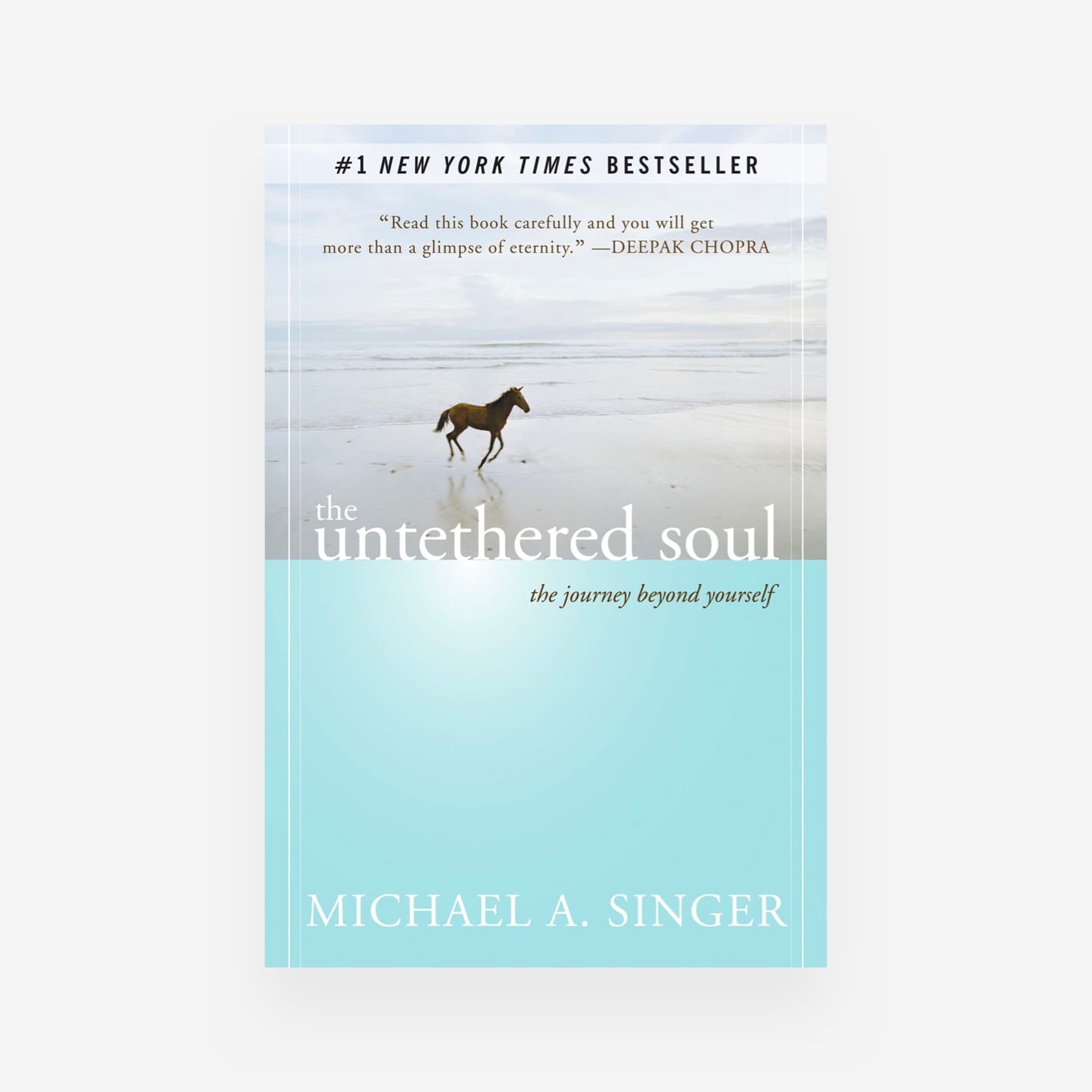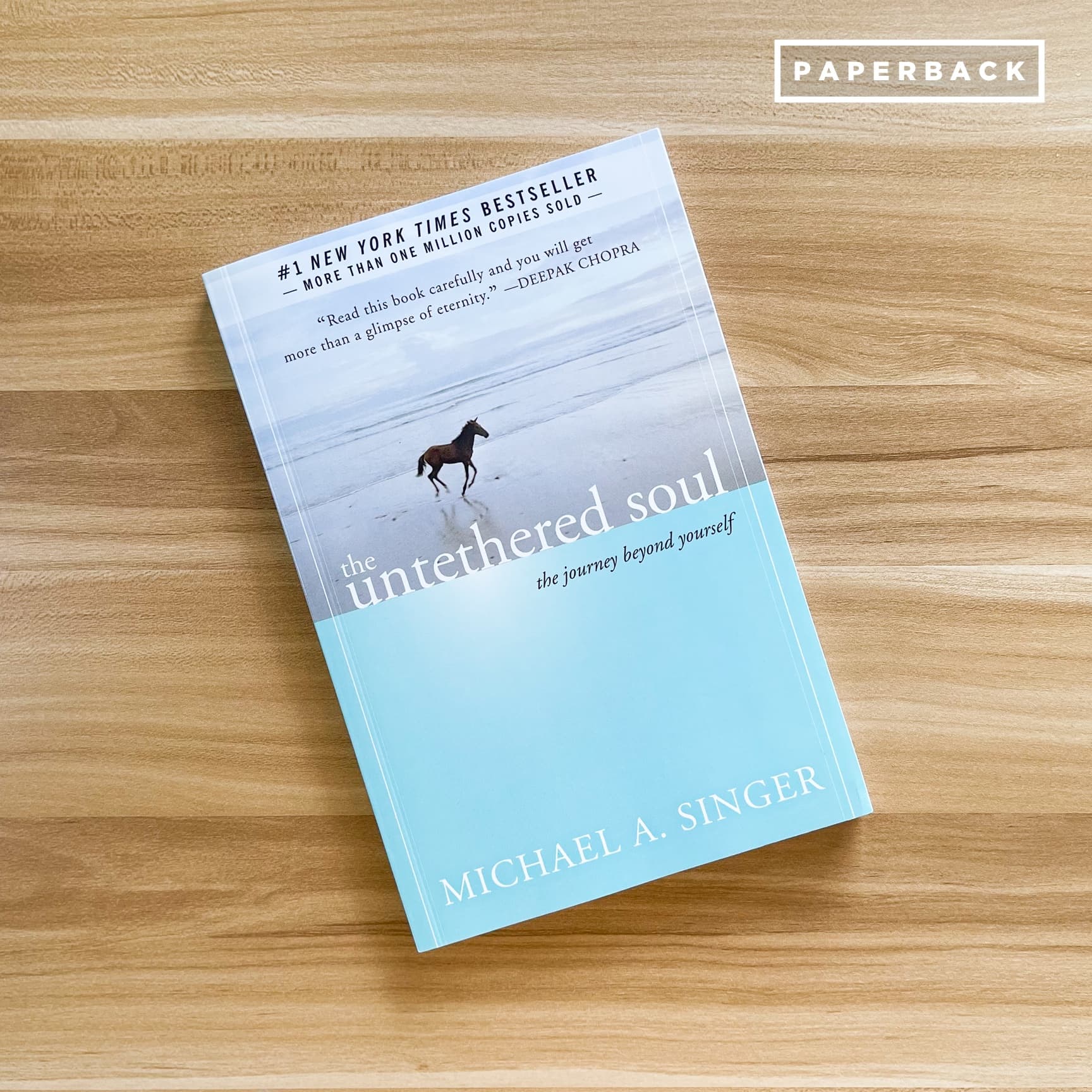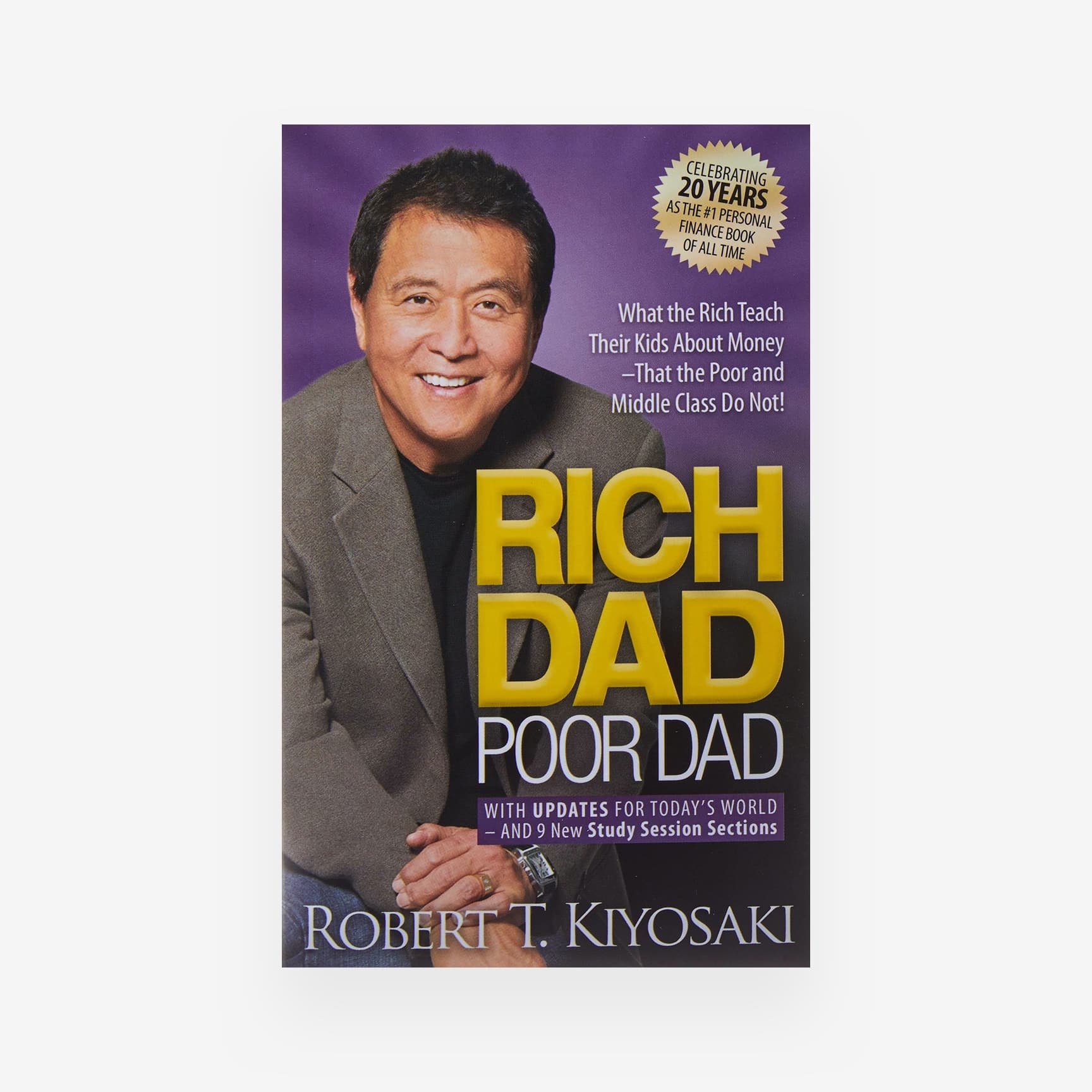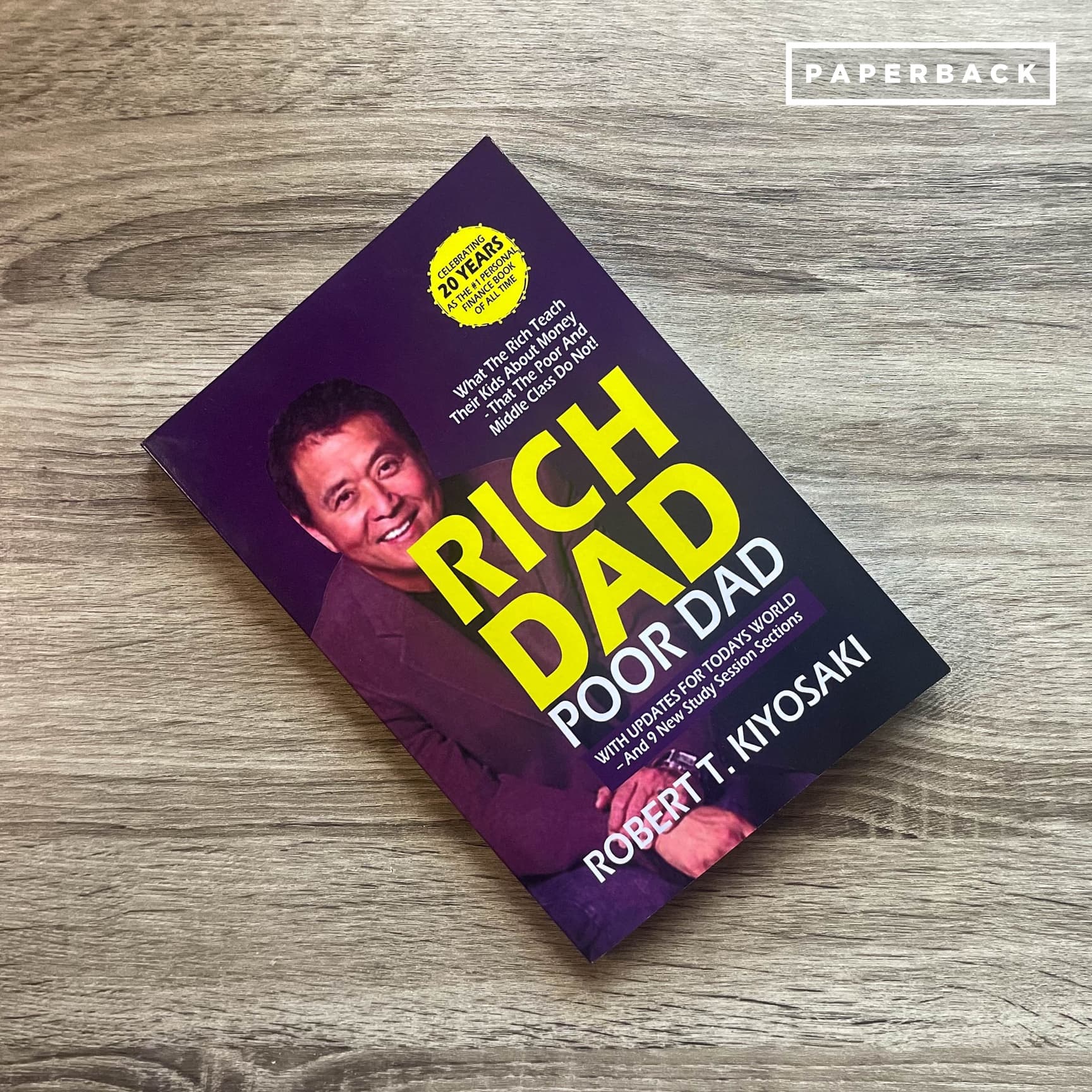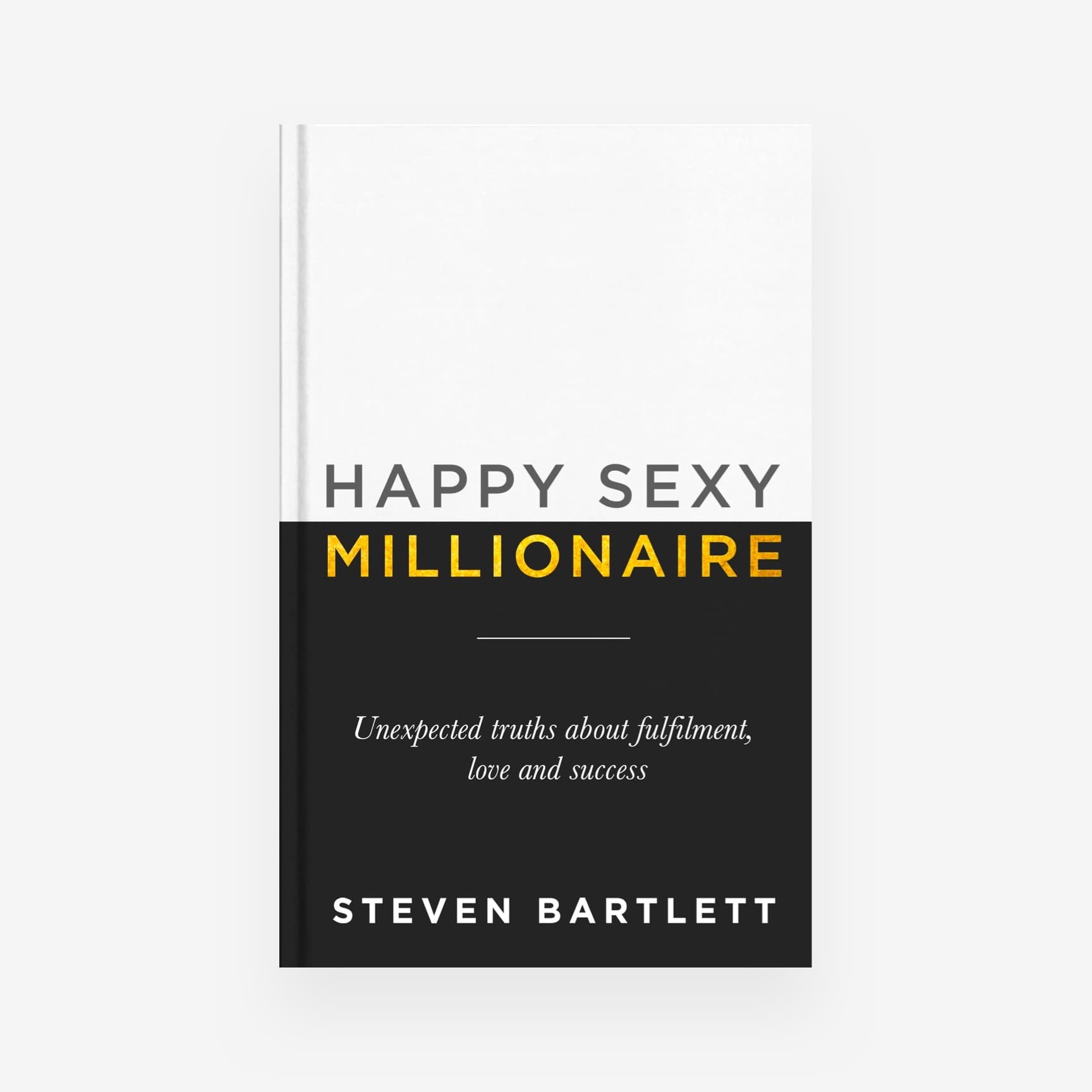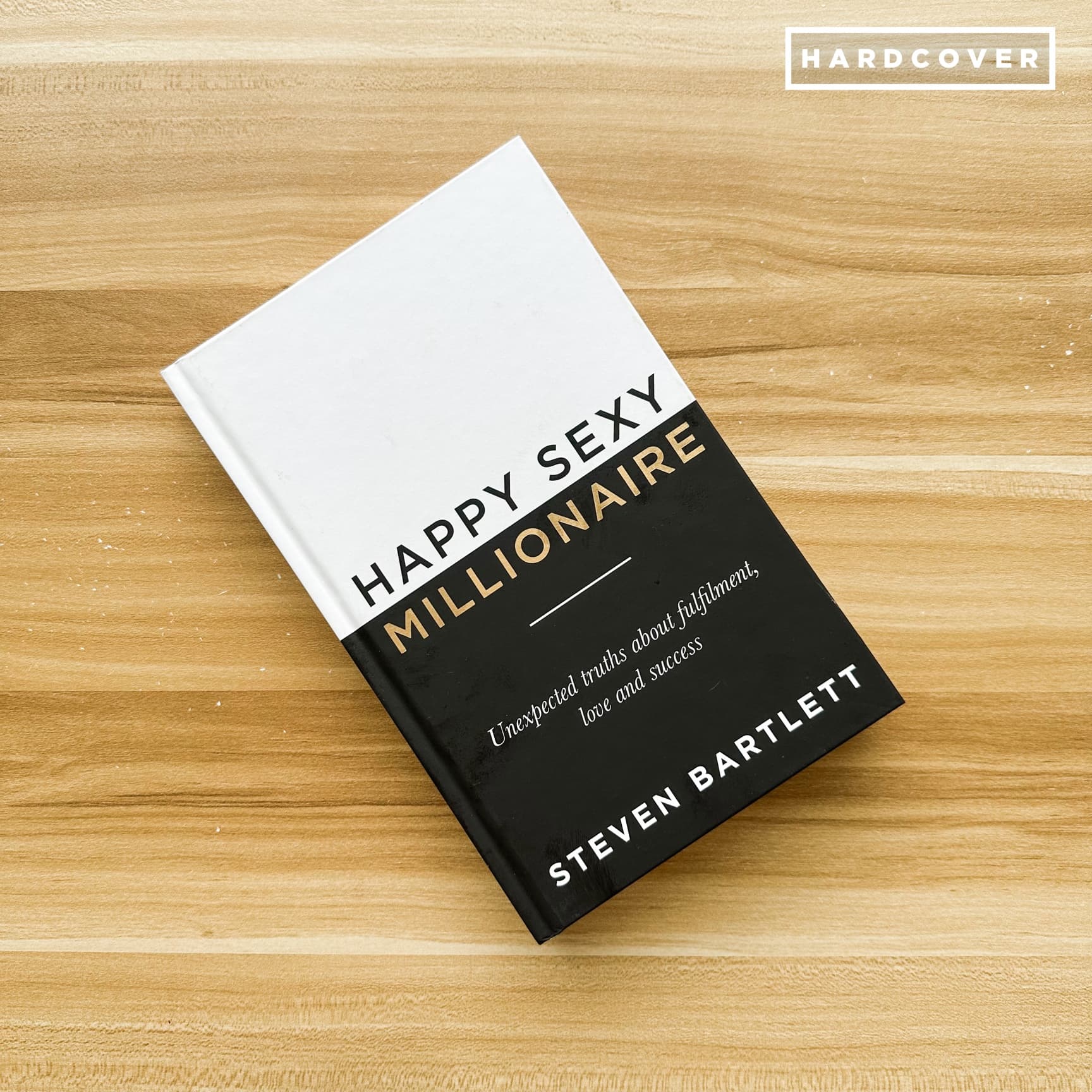
January

February
If you want to change your life for the better, Atomic Habits is the book for you. In just four simple steps, it will show you how to replace harmful routines with more productive ones and ultimately transform your life for the better.
When a routine starts to define who you are, you've reached the pinnacle of intrinsic motivation. I could say that I'm the type of person who would benefit from this, but that's not saying much. To claim that "I" am this sort of person is a very different thing.
Validation of a new identity calls for fresh proof. The same old outcomes will be achieved with the same old voting patterns. Nothing will change if nothing changes. The procedure consists of two easy steps: set your sights on the kind of person you want to be. Start with easy victories and build confidence that way.
Devote your time and energy to reading Atomic Habits in the month of February.

March
Book: 7 Habits of Highly Effective People
Author: Stephen R. Covey
The book starts by talking about how many people with impressive resumes still feel a strong need to work on themselves and build better relationships with other people.
According to Covey, our individual perspectives determine how we interpret external events. To change our surroundings, we must first change ourselves, and to change ourselves; we must be able to see things from different points of view.
The 7 Habits of Highly Effective People catalyze a never-ending cycle of progress and development.

April
Book: The Compound Effect
Author: Darren Hardy
The Compound Effect by Darren Hardy is the best book that shows how powerful the compound effect can be. The main point is that even modest efforts pay off in the long run. Due to the way the compound effect works, bad habits can lead to financial ruin. Darren will talk about the advantages of the compound effect and how to get the most out of it. This book is required reading for anyone who has trouble bringing about the changes they know they need to make.
The term "compound effect" refers to the idea that you can get the most benefits by making a series of decisions that get slightly better each time. Though the compound effect's payoffs are enormous, individual efforts may seem minuscule. The Compound Effect’s benefits are minimal and not instantaneous.

May
Book: Think and Grow Rich
Author: Napoleon Hill
Hill says that the way to succeed is to pick one thing you really want and work your tail off to make it happen. It could be years before you see any results, but if you keep at it, you will get there.
Wishing for financial success will not lead to any success. But if you want to be wealthy so badly that you're willing to obsess over your success, carefully plot out your steps, and refuse to accept defeat as an option, you will succeed and become wealthy.
Think and Grow Rich has become a classic because of the unique way it combines philosophy and spirituality. It has inspired business leaders, CEOs, and independent thinkers for generations. To take charge of your life and your future, read this book during the month of May.
June
Book: Psychology of Money
Author: Morgan Housel
Each of us has a unique perspective on the world because of the unique experiences we have had. So, people of different ages, walks of life, and cultural backgrounds have different ideas about how much a dollar is worth. A person who endured childhood hunger or grew up in affluence will view "risks" and "rewards" differently than someone who has always had access to both.
When it comes to money, Morgan Housel has been putting pen to paper since 2008. Based on what he learned from his study, he concluded that things other than hard work and calculations are more important to a person's financial success.
This book discusses 18 related biases, flaws, behaviors, or ways of thinking that affect your financial success. It also talks about the author's breakthroughs, ideas, and feelings about money through a series of short stories and chapters. These factors collectively constitute your psychology of money.

July
Book: Magic of Thinking Big
Author: David Schwartz
You can get through any problem if you learn to see things from different points of view and grow as a person. This is true whether you're stuck on a project or in a relationship. Yet ambitious planning is not the same as wild speculation.
Start using the above tips immediately, and pay attention to how well the successful and unsuccessful people in your immediate area follow or ignore them. Throughout the book, David Schwartz tells stories and makes deep observations that go beyond the ideas in this book.
If you like the concepts presented here, you should definitely pick up a copy of the Magic of Thinking Big to get the full effect.

August
Book: The One Thing
Authors: Gary W. Keller & Jay Papasan
Ask yourself, "What's the ONE thing you can do that will make everything else easier or unnecessary?" Be sure to jot that down because that is the central question of the book and because focusing on that thing can help you improve every other aspect of your life (per area).
If you want to make the most progress possible in the least amount of time, you should ruthlessly prioritize the items on your to-do list. The great thing about this question is that it lets you focus on a specific subject while also choosing a top priority.
As you are halfway through 2023, adding “The One Thing" to your list tells you how well you’re doing.

September
Book: Deep Work
Author: Cal Newport
With an attention span shorter than a goldfish at only 8 seconds, Cal's plea to pay attention is more timely than ever. In Deep Work, Cal Newport goes deeper into the idea of deliberate practice than he did in his last book.
He also argues that focusing on a difficult task for a long time is a unique, valuable, and essential skill. The book's second section lays out four guidelines for developing a solid work ethic.
We highly recommend you explore the concept of Deep Work.

October
Book: How to Talk to Anyone
Author: Leil Lowndes
“What is that magic quality that makes some people instantly loved and respected?" Everyone wants to be their friend (or, if single, their lover). In business, they rise swiftly to the top of the corporate ladder. What is their “Midas touch?”
Successful communication is something the author has dedicated her life to teaching others. In her book, "How to Talk to Anyone," Liel Lowndes gives the reader 92 surefire ways to succeed in any social situation, from the first meeting to the advanced techniques that the most successful people use.
Ultimately, it all comes down to a higher level of interpersonal competence, which you will learn from How to Talk to Anyone.

November
Book: 10% Happier
Author: Dan Harris
Dan Harris chronicles his efforts to improve his quality of life in 10% Happier. Insightful personal anecdotes and reflections from a person trying to find their way through life fill this book. Dan gives a lengthy presentation on the benefits of meditation and mindfulness and how they have changed his life.
Ultimately, it's up to you to prioritize your own life.
The correct response is whatever it is that brings joy to your life. Most people agree that learning to be compassionate, kind, and aware is the key to living a 10% happier life.

December
Book: Ikigai
Authors: Francesc Miralles and Hector Garcia
The Japanese term ikigai can be roughly translated as "the joy of the perpetual activity." The word "ikigai" comes from the combination of the Japanese characters for "life" (iki) and "be worthwhile" (gai).
It is the ikigai, the driving force behind each of us. It gives our lives purpose and allows us to continue giving of ourselves until the end. The purpose of life is to find one's ikigai, and if one does not know what that is, it is one's mission to find it.
It gives us the most joy and purpose to strive for and improve our ikigai on a daily basis when we know what it is. Whatever the challenges, those who understand their ikigai will always act on them. And Ikigai is the best way to round out the year of self-development.
Final Thoughts
As you can see, it’s not easy to jump into the self-help culture and expect to resurface in a sober, reflective state. It takes time, practice, and patience to learn how to apply the principles of self-help in your life.
But if you take it one step at a time and stay dedicated, the benefits can be profound. Have you read any of these books? What has been your experience? Let us know in the comments!


